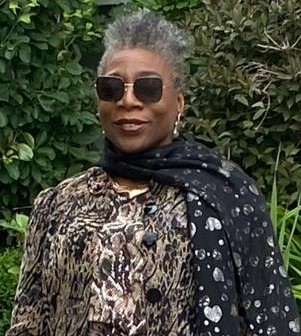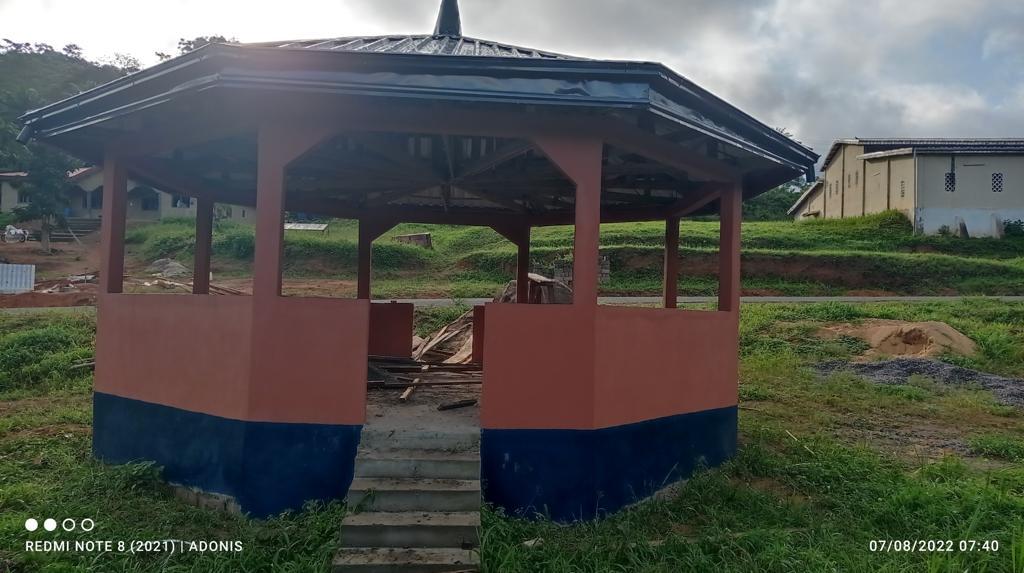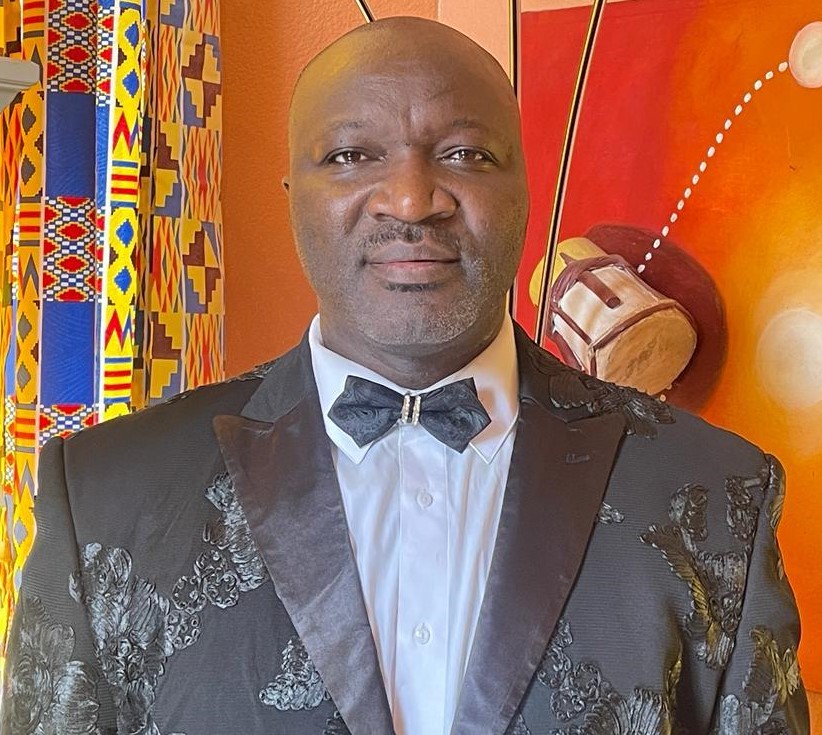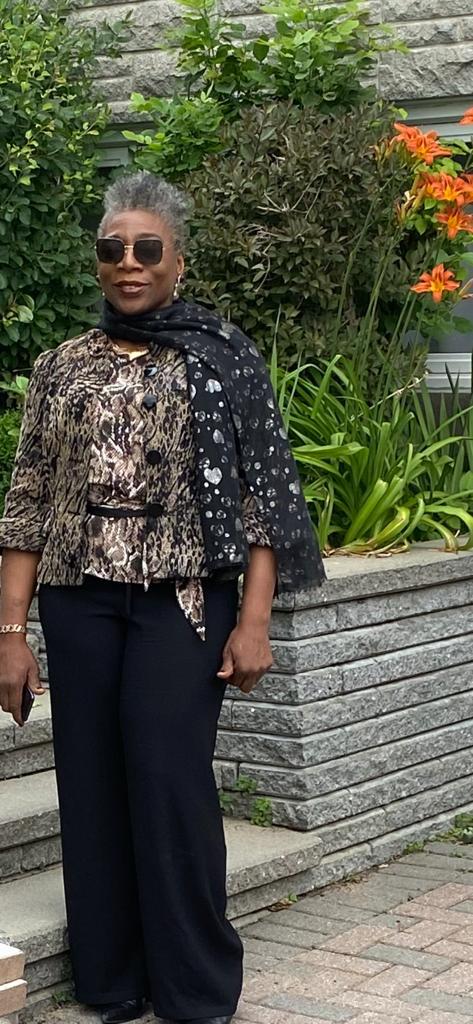

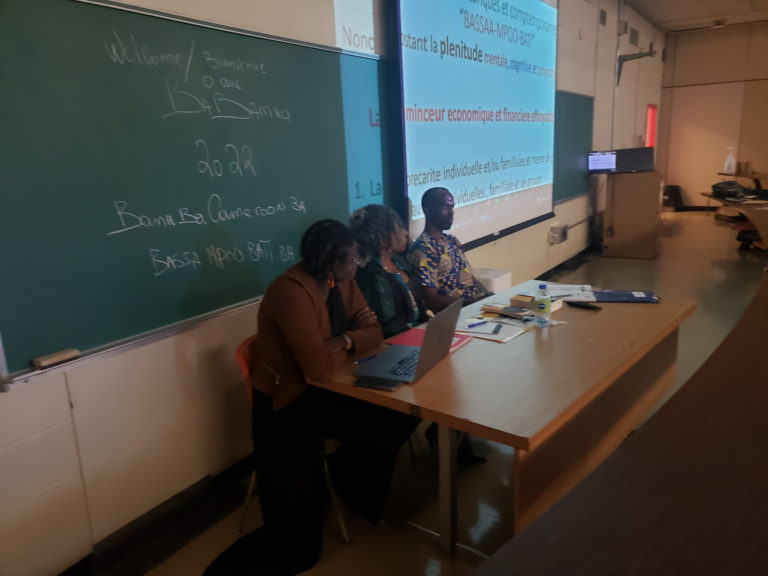
For a successful economic and professional integration, we must be mindful that in North America, success is measured by your contribution to the economic development of the society and how you develop and use your expertise regardless of your domain of intervention. This requires a certain number of adjustments:
We must constantly evaluate the alignment of our skills with actual employability and economic needs and take that into account in our choice of profession, career plan or business initiatives. In north America it is not the number or the level of your degrees that count. But, your actual output and ability to deliver expected results.
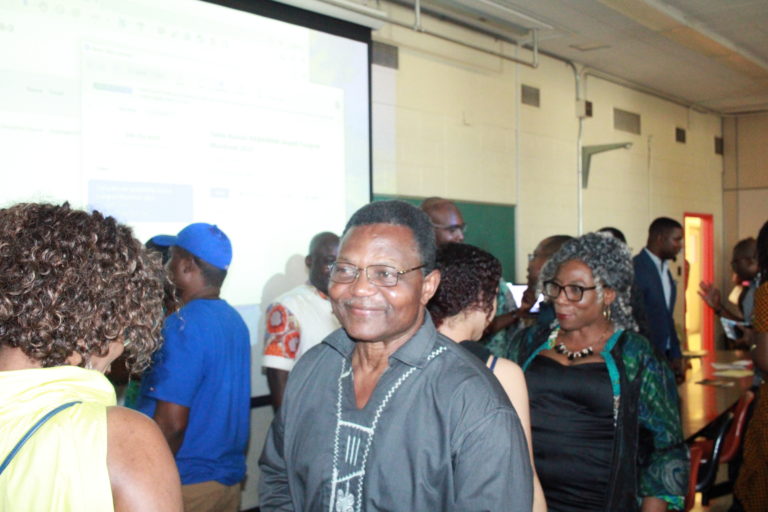
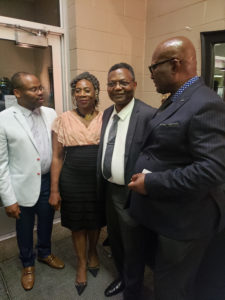
In conclusion, for a successful social, cultural, economic and professional integration, we must be proud of our heritage, value competency and aspire to be influential through strong networks, collective and individual leadership, and a common powerful vision. We must engage with humility and build strong relations between members of our community.
Note: This article is a condensed version of my intervention as a panelist at the round table organized during BABAMNA Grand Congress in Montreal on 09/03/2022



